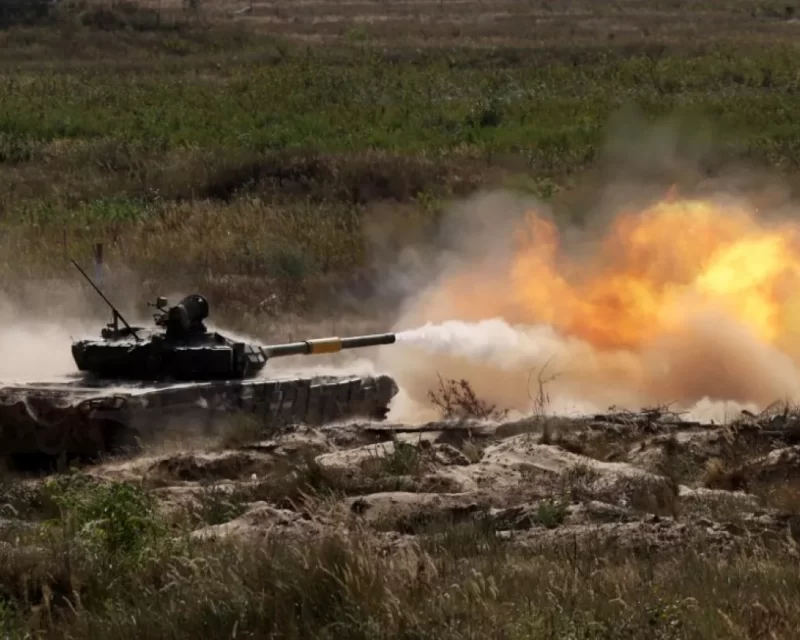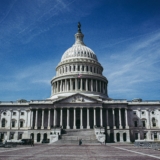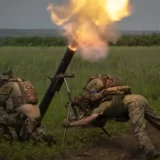US Intelligence Analysts: Ukraine’s Counteroffensive Has Failed
In a striking revelation, US intelligence analysts are raising questions about the current status of Ukraine’s counteroffensive against Russia, with some suggesting that the conflict may have effectively ended. The claims come amid a reluctance from Washington and Kiev to acknowledge a potential setback in their ongoing efforts, according to investigative journalist Seymour Hersh, writing on Substack.
Hersh’s report, based on insights from an unnamed source with extensive experience countering Soviet aggression and espionage, challenges the narrative of slow and steady progress in Ukraine’s counteroffensive. The source dismissively stated, “It’s all lies. The war is over. Russia has won. There is no Ukrainian offensive anymore, but the White House and the American media have to keep the lie going.”
This viewpoint is shared by numerous figures within the US intelligence community, highlighting a divide between agencies. While the CIA remains skeptical of Kiev’s claims of continued advancement, the Pentagon’s Defense Intelligence Agency (DIA) maintains a more optimistic outlook.
Trent Maul, Director of Analysis for the DIA, recently praised Ukraine’s achievements, asserting that Kiev’s forces had a “realistic” chance to breach Russian defense lines this year. However, this assessment contrasts starkly with the viewpoint of an unnamed senior US intelligence official, who suggested that the battlefield could retain a similar appearance for years to come.
The source quoted by Hersh expressed frustration with the handling of the crisis by leaders in both Moscow and Washington. They argued that Russian President Vladimir Putin was “provoked into violating the UN charter” with an ill-prepared military campaign. In response, US President Joe Biden initiated a proxy war and relied on media vilification of Putin to justify their course of action.
The source concluded by highlighting the reluctance within the Ukrainian army to continue the offensive. Soldiers, it was claimed, were no longer willing to sacrifice their lives, a sentiment at odds with the narrative propagated by the Biden White House.
Moscow, for its part, has consistently rejected the US characterization of its actions as “unprovoked aggression.” The Russian government has argued that the people of Donbass exercised their right to self-determination under the UN Charter, particularly after the 2014 armed coup in Kiev. As a result, Moscow has maintained that its recognition of the independence of the Donetsk and Lugansk People’s Republics in February 2022 was lawful, and its subsequent actions were driven by the need to protect these regions in the face of continued attacks from Kiev.
These revelations raise critical questions about the ongoing conflict in Ukraine and the complex dynamics surrounding it. As the situation evolves, it remains to be seen how these differing assessments will impact the international response and efforts to find a resolution to the crisis.





